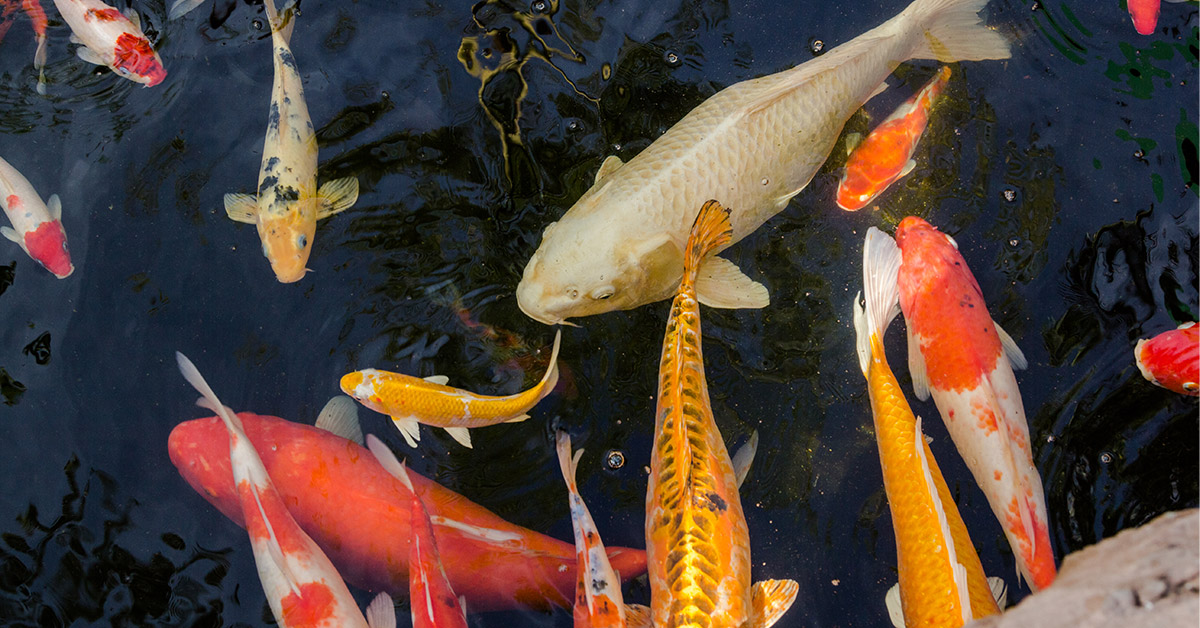
Koi Are Actually Not the Only Type of Backyard Pond Fish!
While we focus on koi here, there are other types of pond fish you may want to consider when stocking your backyard pond. Some fish will grow to be very large while others stay small, so remember it is best to not overcrowd your pond. This blog will discuss different fish suitable for small and large ponds and the differences between their sizes and habitats.
Read this article to learn more about the types of pond fish you might want to include in your pond.
If you are searching for koi or other top of the line koi fish for sale, Kodama Koi Farm as your top choice of Japanese Koi for your pond.
Common types of pond fish include:
- Koi
- Catfish
- Sunfish
- Bass
- Mosquito Fish
- Goldfish
- Shubunkin
- Comets
- Orandas
- Tamasaba
Top Pond Fish for Larger Ponds
Backyard pond fish vs large public pond fish will differ and for backyard ponds we always recommend koi fish. Large ponds may inhabit bass that are great for fishing instead of a koi fish pond, which is for ornamental purposes. Fish ponds should be 1,000 to 3,500 + gallons, if you want to keep koi, but can be smaller if you only keep goldfish or some of the smaller fish on our list. Large backyard koi ponds can be 13,500 gallons or more and even the size of a recreational swimming pond.
Koi Fish: Japanese Koi are a type of ornamental carp that come in a variety of colors and patterns. They can grow up to 3 feet in length and are known for their graceful swimming movements. You can also raise a koi in an aquarium. Any koi fish over 24 inches or larger are considered jumbo koi.
Sunfish: Sunfish are a native species of fish in North America that are well-suited to larger ponds. They come in a variety of colors and are known for their voracious appetite. There are many types of sunfish, so be sure to research which are best for your ponds since some can compete with bass for resources.
Top Pond Fish for Smaller Ponds
Goldfish are a popular type of fish that come in a variety of colors, shapes and sizes. Generally, goldfish varieties have been selectively bred over the years to bring out the desired traits and colors. Goldfish are hardy creatures and can live up to 10+ years if given the proper care and in the right environment, can grow quite large.
Mosquito Fish: Mosquito fish are a small, hardy fish that are often used in backyard ponds to control mosquito populations. They are grayish-brown in color and have a distinctive upturned mouth. The mosquito fish are ideal at controlling mosquitos in your pond.
Goldfish: Goldfish are another popular ornamental fish that come in a variety of colors and patterns. Goldfish can be red, orange, blueish-grey, brown, yellow, white, or black, although you typically imagine Goldfish as bright orange and shiny. They are much smaller than koi, typically growing up to 6-8 inches in length.
Shubunkin: Shubunkin are a spectacular type of goldfish that have a blue-gray color with speckles of red, orange, and black. They are hardy and can survive in a range of water conditions. Shubunkin are more elongated than standard golfish with lean bodies and longer fins, and can live with an array of other fish including koi.
Orandas: Orandas are a type of goldfish that have a distinctive head growth or “wen” which looks like a bubble on their face. This easily recognizable fish comes in a range of colors and are known for their calm and gentle temperament. The Oranda fish is originally from parts of Japan and China but are now found throughout the world.
These are a few of the many types of pond fish that can be found in backyard ponds. Each fish has its own unique characteristics and care requirements, and our pond fish experts will tell you more about the pond fishes you’re interested in, to help you decide.
Things to Consider When Searching for Fish in Outdoor Ponds
Pond Fish: Size and length
Imagine you’re creating your own backyard oasis, complete with a beautiful pond filled with vibrant fish. As you start to explore your options for stocking your pond, you quickly realize that there’s more to consider than just the colors and patterns of the fish. It’s important to also think about the size and length of the fish you choose, as well as their lifespan and reproduction habits.
For example, if you’re a fan of the classic goldfish, you’ll be happy to know that they’re a great choice for backyard ponds. These little guys seldom grow longer than 8 inches, making them a perfect fit for smaller ponds. On the other hand, if you’re looking for something a bit bigger, koi might be more your style. Jumbo koi can grow up to 24 inches and even over 30 inches in length and can live up to 20 years in the right conditions, adding a sense of longevity and tradition to your pond.
Pond Fish: Fish stocking
When stocking a pond, there are several factors to consider. First and foremost is selecting the right type of fish. Different types of fish have different needs when it comes to temperature, oxygen, and habitat. Goldfish, for example, need cold water and good oxygen levels, while koi carps require warmer temperatures and more hiding places. Additionally, the size of the fish should be taken into account. If you are stocking a pond with several types of fish, you should choose smaller sizes of each type, so they won’t eat the other fish. Additionally, it’s important to determine the number of fish to stock in order to ensure the pond’s biological cycle is not disturbed.
Furthermore, you should take into account the type of water conditions your pond has. Cold water ponds can accommodate rainbow trout and white amur, while warmer ponds are suitable for koi and goldfish. Different types of fish need different water conditions, so it’s important to choose the right type of fish for your pond.
Create the Right Environment for Backyard Pond Fish
Lastly, it’s important to create the right habitat for your fish. Providing plenty of submerged trees and other structures will give the fish places to hide, spawn, and feed. Additionally, creating a nursery area can help ensure the survival of young fish.
When stocking a pond, it’s important to consider the type of fish, the size of the fish, the number of fish, the water conditions, and the habitat. Taking these factors into account will help ensure your pond is stocked with healthy, happy fish that you get to enjoy day after day.
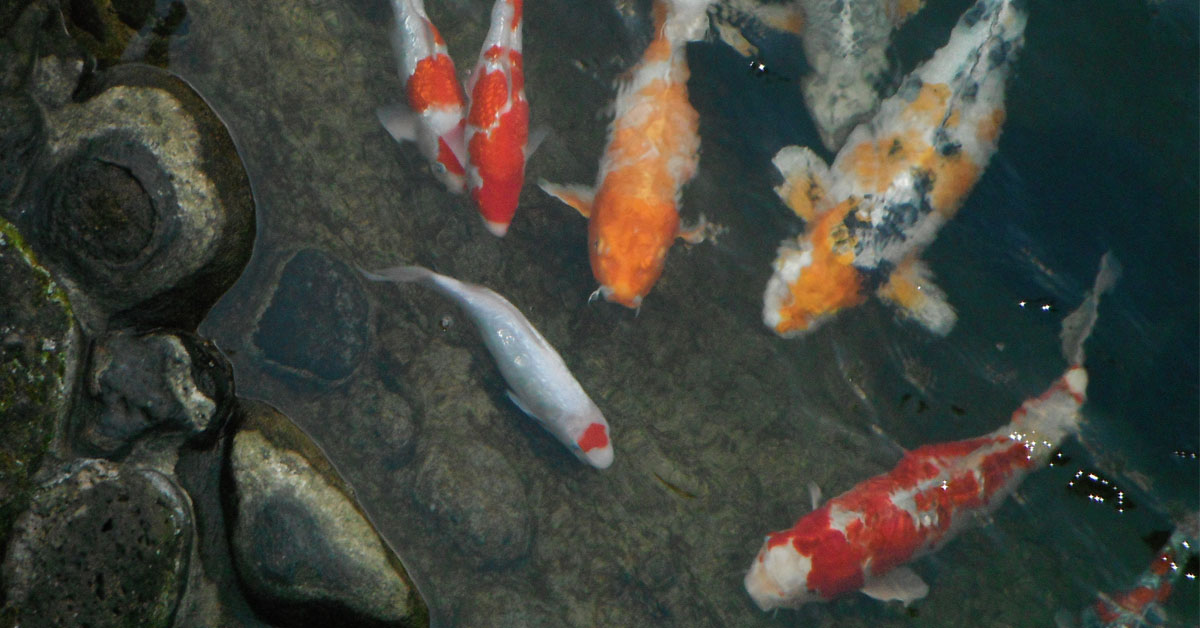
The Top Pick for Pond Fish: Why Koi Are Number One
Are you considering adding some aquatic life to your backyard pond? Koi fish are a popular choice for pond owners due to their striking and colorful patterns, which add a visually appealing element to outdoor spaces, and are suitable for large and small ponds.
Koi fish can live for decades, are hardy and adaptable, and are able to withstand different water temperatures and conditions. Koi fish are also social creatures that thrive in groups, making them a vibrant addition to ponds. Overall, their beauty, longevity, hardiness, and sociability make koi fish a top choice for pond owners.
Shop for Top Quality Japanese Koi Fish
At Kodama Koi Farm we are one of the leading suppliers of pond fish in the market and we have listed our top Koi for sale and for auction to make it easier for our beloved customers to access and buy Koi anytime, anywhere. Finding the perfect Koi for your pond is now as easy as signing up, browsing, and placing your order. If you don’t see the type of Koi you are looking for, contact us. Our experts are always ready to help and answer all of your questions to ensure you find the Koi fish you are looking for.
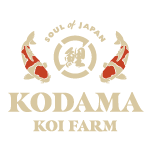
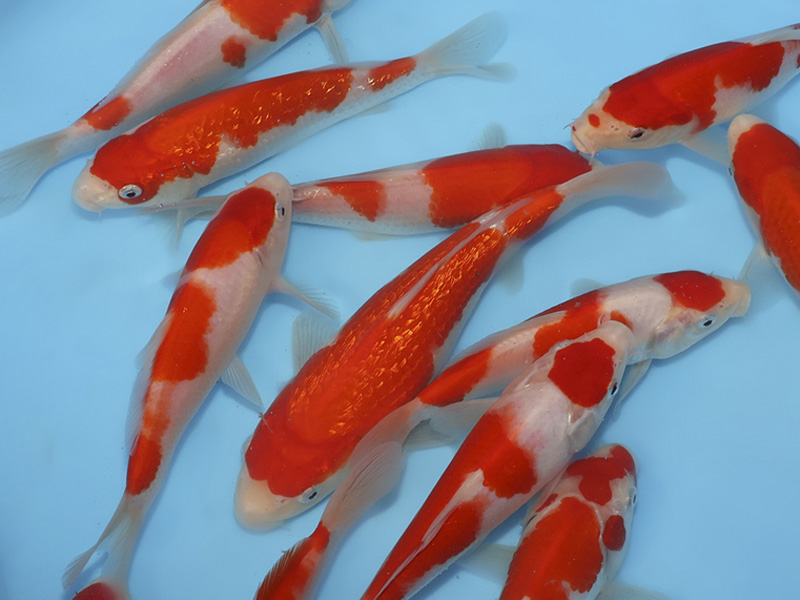
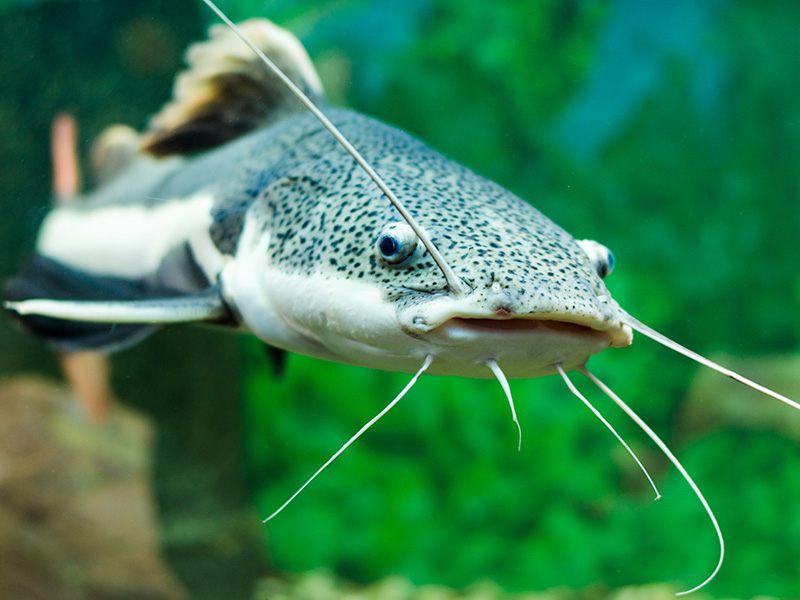
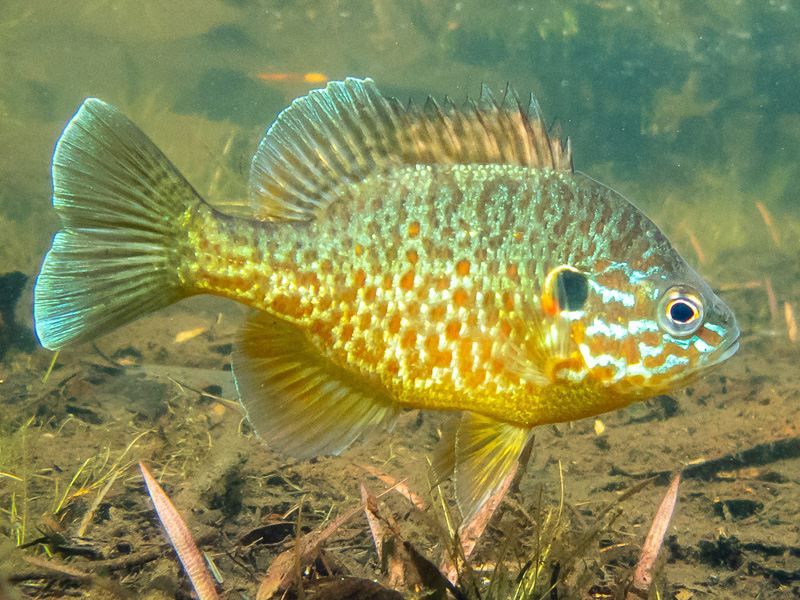
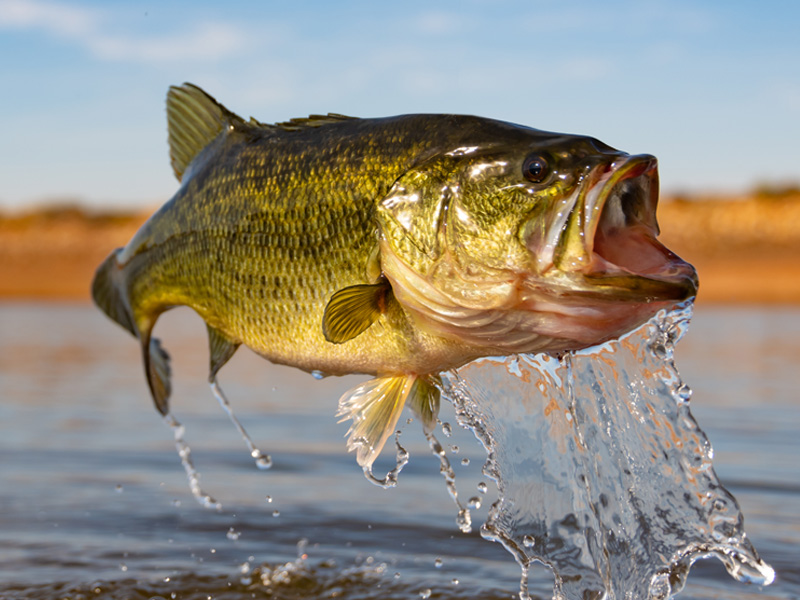
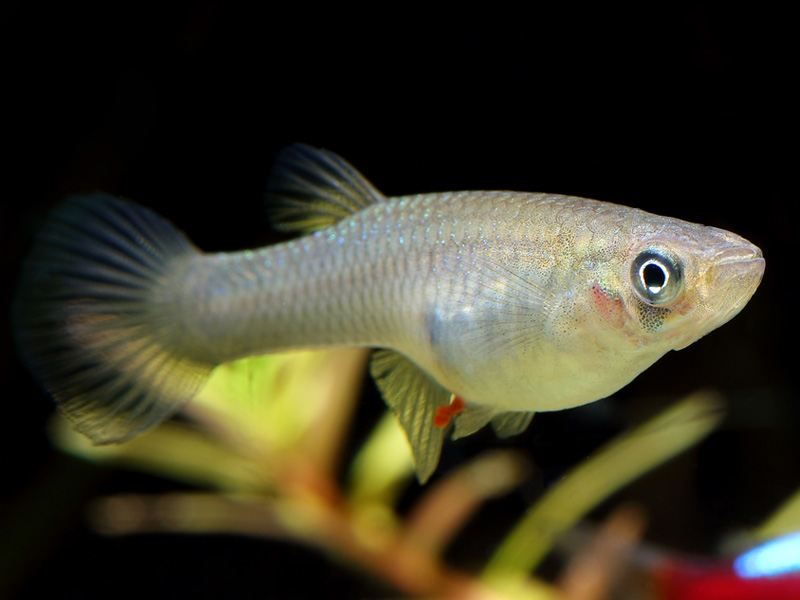

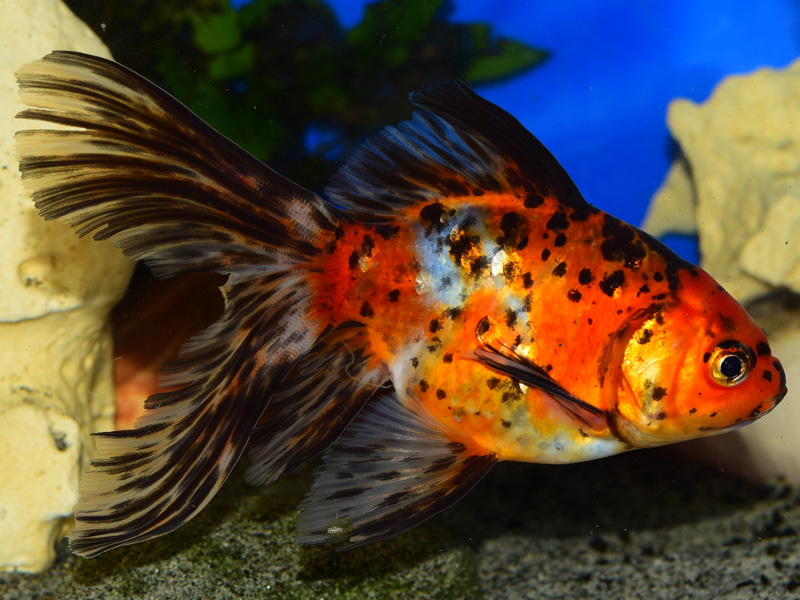
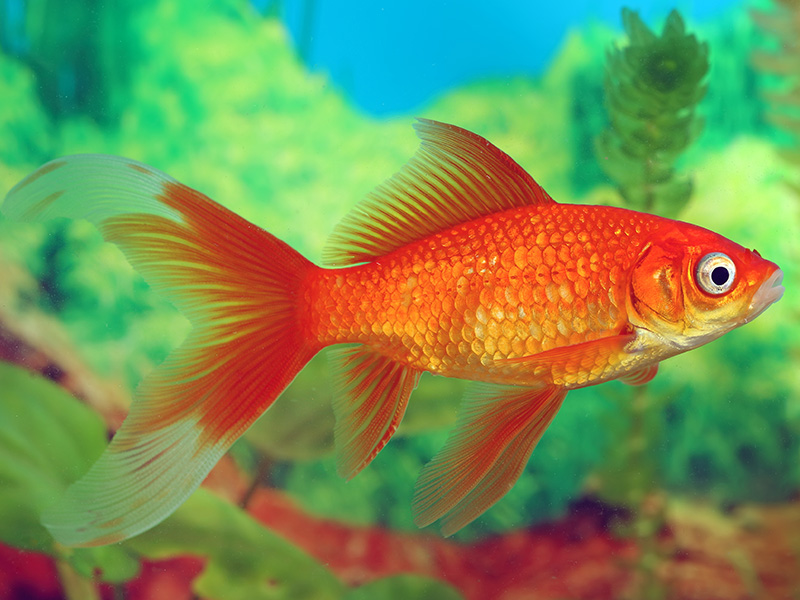
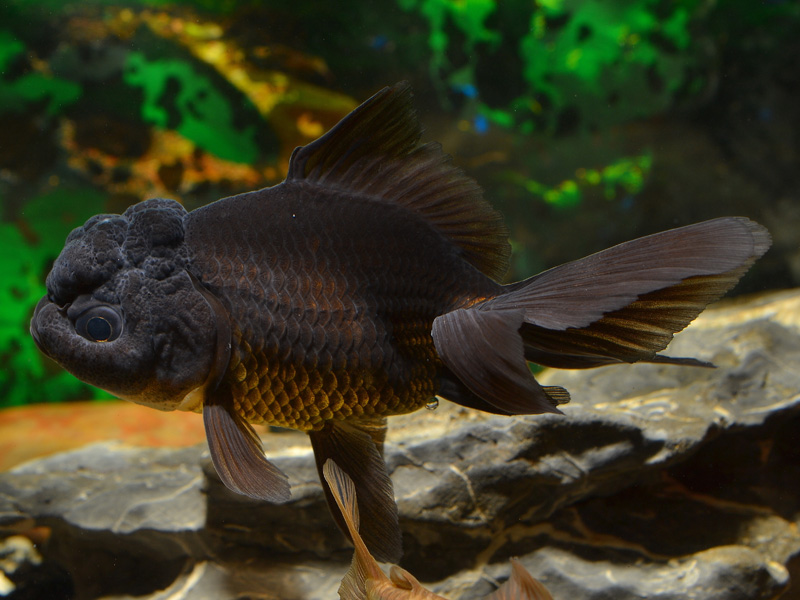
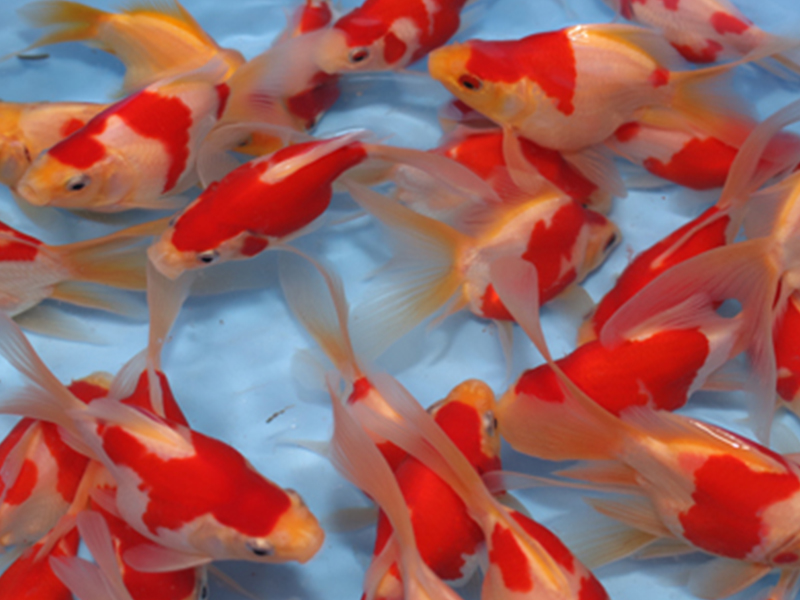
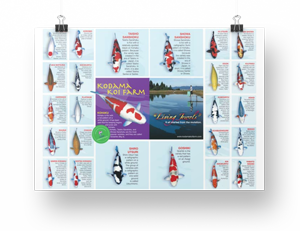

Aloha. Over the past 2 years I have lost 3 koi which I self-diagnosed through research as dying from “bloating”, I still have one koi surviving without seeming difficulties within the same backyard pond. In total this group of koi were approximately 20 years old, fairly large in size, having been purchased as much smaller baby koi from a local pet store. So I think/thought I was doing ‘ok’ until these rather recent incidences of ‘bloating’. My pond is part of an accuscape system, very natural-appearing, with a self-created spring emptying into a medium sized pond. The spring has a rock-lined border while the pond itself also contains rocks of various sizes including smaller stones on the bottom of the pond. Surrounding the pond too is vegetation of various sorts mainly in the fern family. Can you educate me further on ‘bloating’ in koi?
Also, for the first time this year, I am seeing strands of what appear as green algae emanating from the bottom from the larger rocks and floating upward. Why, after 20-some years is this now occurring? Do I need to introduce an algae-eating fish to the pond? Or do I need to do a through pond cleaning? Again, this issue is only occurring after some 20 plus years of not having such a problem. If I do need to introduce an algae-eating fish, do you have any recommendations of what type and where I might purchase one or two? I was planning to reintroduce 2 or 3 baby koi to the pond but will await your response before doing so. My backyard pond size can hold four to five medium to large koi comfortably. Thank you. (Note: I believe you visited my water feature maybe five years ago and made some favorable comments as to my efforts.)
Hello, about “bloating” I assume it is a disease called dropsy. Once you get a dropsy, it is very hard to treat. but there is a lot of information available online, please check
about the algae, introducing algae eating fish is definitely one way. you can get UV light. There are some water conditioner that will take care of algae.
Please check
https://www.kodamakoisupply.com/pond-uv-sterilizers-clarifiers/
https://www.kodamakoisupply.com/shop/nualgi-ponds/
Kind of pointless saying this is a list of 10 fish when the last 5 are all goldfish… I had hoped this list would help us determine what to get for our pond.
Hello, thank you for your comments. Yes, this blog may focus on a type of fish that could go to a pond. For varieties of Koi you would like to put to your Koi pond, I am very happy to help. How big is your pond? Do you already have any Koi fish in your pond?
People have different ideas on what they want to see in their pond.
but Here are my suggestions.
・Kohaku
・Sanke
・Showa
These 3 are called “Gosanke.” I believe they are a must
・Shiro Utsuri
・Goshiki
They are very popular varieties
・Ogon
・Chagoi
・Karashi
These single color Koi are friendly. They can lead the school of Koi in your pond
・Kujyaku
・Kikkusui
・Hi Utsuri
・Soragoi
They are some others to consider
PS. If you would like to have an idea on how each variety may look like, you can check this page. https://www.kodamakoifarm.com/koi-varieties/
I wanted to ask that will any of these fishes would eat or affect each other ? I’m okay with competition between fishes for the resources but they won’t eat each other right?
Hello, I am sorry I do not know about Sunfish, catfish and bass. However, the others are fine. They can live together
Catfish do eat other fish fish eat fish believe that I had a catfish in 55gallon tank I bet he ate 3 or 4 hundred dollars worth of fish before I figured him out just my 2 cents